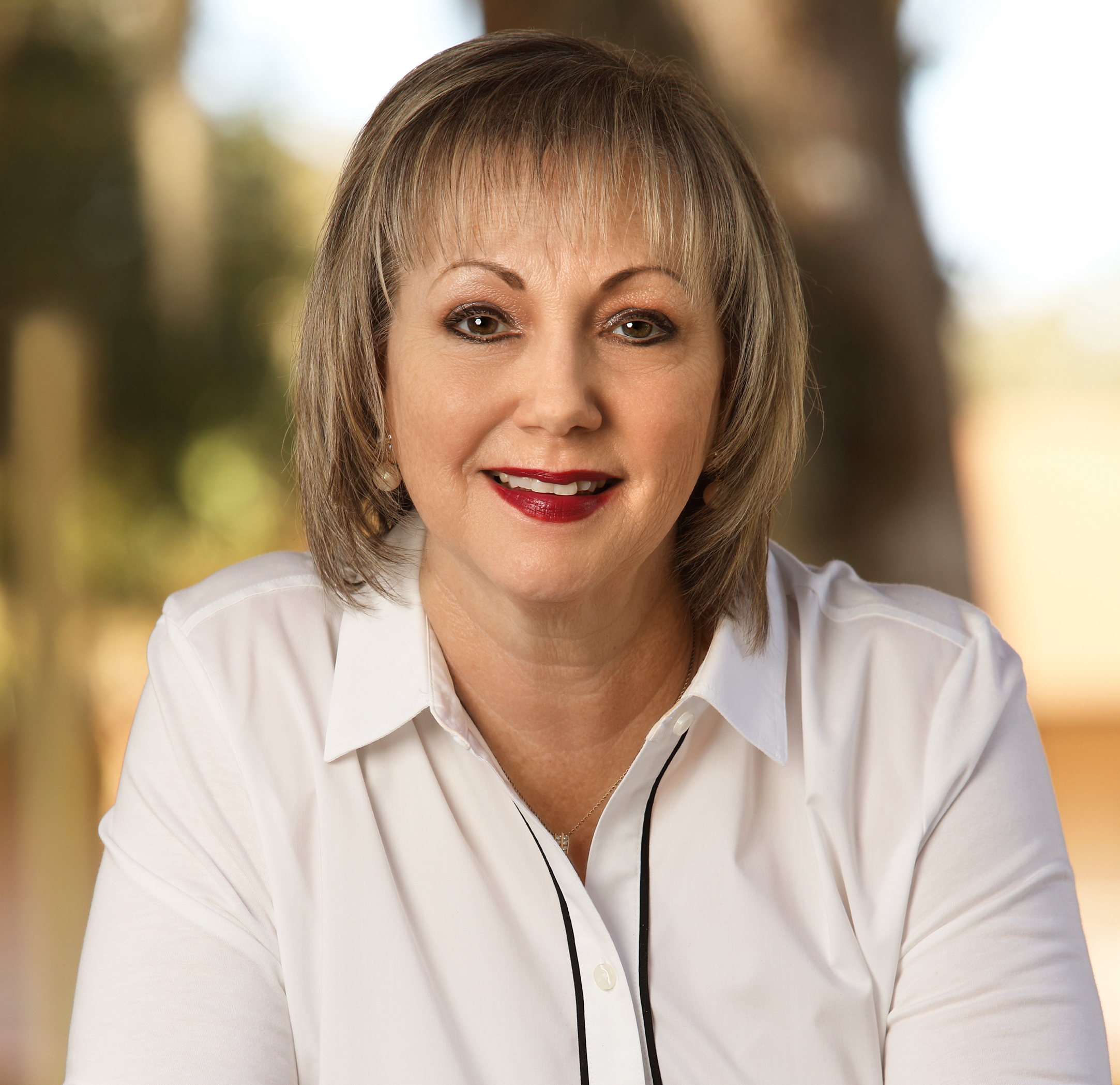Why Do You Believe?

The night had been incredibly hard; I’d spent most of it monitoring my baby brother’s breathing. At just a few weeks over fifty-nine years of age, his life was coming to an end. For thirteen weeks we’d battled a cancer that was relentless, starting first near his stomach, then spreading throughout his body. We’d talked, we’d laughed, we’d made plans for his Celebration of Life service. We’d also made certain all the T’s in his finances were crossed and the I’s were dotted. Mostly, though, we’d battled a disease.
And now here we were, at the very end. He lay, gasping for breath in a lovely hospice center near the east coast of Georgia. I’d been up most of the night, catching catnaps as I could. Finally, around 8:30 in the morning, his breath caught in his throat, he opened his eyes, he looked over at me and said, “I need to sit up.”
He was too weak to do this on his own, so I helped him, holding him, cradling him. “Is that a window?” he asked, looking toward the window where the blinds were only partially open to let in the morning light.
“It is,” I said.
“I need to get out of that window,” he said.
“Then, Buddy,” I said, using my favorite nickname for him, “let go and run.”
“I will in a minute,” he said, then eased himself back to the pillow. The agonal breathing began again as I sank into the nearby chair, my shoulders slumped, my head bowed.
“Oh, God,” I prayed in a weak whisper. “If he is going to die anyway, why does he have to suffer?” I looked up. “Or do you even see us?” I asked, tears choking my words. “Do you even know we’re here?”
Within fifteen seconds, my phone pinged to indicate a text message had come in. Another ping followed. Then another and another. I snatched my phone from where I had plugged it up in the earliest hours of the morning and looked at the face to see that I’d received nearly a dozen text messages from various friends and family members.
Hey. The Lord just put you on my heart and I want you to know I’m praying for you.
Hey, there. How is Van this morning? I’m praying for you right now!
You were just placed on my heart. I don’t know what’s happening, but I’m praying God’s peace over you and Van.
But the one that nearly took my breath away was one that quoted C. S. Lewis: Courage, dear heart.
My shoulders shook as my heart broke. I’d doubted God’s presence (something He clearly could handle), and He’d answered my cry by tapping on the hearts of my family and friends, whispering, “Let her know you are praying.”
I would never doubt God again. How could I? He had proven Himself faithful—not only then, but so many other times in my life. Still, this was clearly my darkest moment, but His light carried me through the next two hours when, with a final breath, my brother let go and ran to Jesus.
Come and See
I regret that I didn’t save those text messages, although I did write about them, preserved in black ink along the lines of the pristine white pages of my journal. Those notations are private. Still, I’ve shared this story countless times, anytime I’m in a conversation circling around Jesus proving He is who He is within both the tiniest and most significant details of our lives.
The disciple Philip, who hailed from Bethsaida (as did Andrew and Simon Peter) may have had a similar incident, something he felt he must share with his friend, Nathanael, who hailed from nearby Cana. Perhaps this event was one he shared with Andrew.
The next day John [the Baptist] was there again with two of his disciples. When he saw Jesus passing by, he said, “Look, the Lamb of God!” When the two disciples heard him say this, they followed Jesus. Turning around, Jesus saw them following and asked, “What do you want?” They said, “Rabbi” (which means “Teacher”), “where are you staying?”
“Come,” he replied, “and you will see” (John 1:35-39).
“Come and see” are the words that Philip will also use with Nathanael, who finds it incredulous that the Messiah could possibly come from the little town of Nazareth.
Philip found Nathanael and told him, “We have found the one Moses wrote about in the Law, and about whom the prophets also wrote—Jesus of Nazareth, the son of Joseph.”
“Nazareth! Can anything good come from there?” Nathanael asked.
“Come and see,” said Philip (John 1:45,46).

Photo Credit: ©GettyImages/Takako Watanabe
Because He Said…
Can you imagine the doubt that pulsed through Nathanael? But to appease his friend, the soon-to-be believer followed Philip to where Jesus waited.
When Jesus saw Nathanael approaching, he said of him, “Here truly is an Israelite in whom there is no deceit.”
“How do you know me?” Nathanael asked.
“Oh, Nathanael,” we long to say as we read this story… “He knows you. He knows us all. He finds within us the honesty, the deceit, the good, the bad, the ugly, and the beautiful.” But Jesus saw something unique in Nathanael, as He does in each of us. He saw something special in this man who would soon be called to “follow me.” Jesus declared him to be an Israelite in whom there is no deceit.
Nathanael, who theologians believe is also the Bartholomew mentioned throughout New Testament Scripture, wonders how Jesus could have known this about him. An honest question. A natural question.
Jesus answered, “I saw you while you were still under the fig tree before Philip called you” (John 1: 48b).
I saw you…
Imagine that. As God had seen Hagar in the desert (Genesis 16), He saw Nathanael beneath the shade of a fig tree. What was he doing there? We don’t know. Was this a dark moment for him? Had he crawled beneath its branches and leaves and fruit because he needed to get away from the heat of the day… or, quite possibly, the heat of life? Had he prayed beneath the boughs, calling out to God, questioning Him?
There had to be something significant about this moment in Nathanael’s life because, otherwise, Jesus would have said (or could have said) something like, “I know you. You are the son of… you were born in… your birthday is… and you’ve always been partial to hummus and the color blue.”
Instead, He pointed to a single moment in this man’s life.
Then Nathanael declared, “Rabbi, you are the Son of God; you are the king of Israel” (John 1:49).
Like Me, Like Us All
A single response from Jesus was all it took for Nathanael to believe. For me, a dozen text messages solidified my trust in God’s love and care for me when, for a moment, I had doubted. And I believe, if you’ve walked with God long enough, you’ve had those moments, too.
But let’s look at the question* Jesus asked Nathanael next.
Jesus answered and said to him, “Because I said to you that I saw you under the fig tree, do you believe? You will see greater things than these. And He said to him, “Truly, truly, I say to you, you will see heaven opened and the angels of God ascending and descending on the Son of Man” (John 1:50, 51 NASB).
Sometimes we all need assurance. We all need proof. The reference Jesus made at the end of John 1 refers to a dream the Patriarch Jacob had during one of his darkest hours. He had deceived his father, his brother wanted him dead, and his mother had sent him away to live with her relatives. He didn’t know where he was going, he didn’t know the people he would now live with (or if they would welcome him), and he wasn’t sure if he would see those he held close to his heart ever again.
When he reached a certain place, he stopped for the night because the sun had set. Taking one of the stones there, he put it under his head and lay down to sleep. He had a dream in which he saw a stairway resting on the earth, with its top reaching to heaven, and the angels of God were ascending and descending on it. There above it stood the Lord, and he said: “I am the Lord, the God of your father Abraham and the God of Isaac. I will give you and your descendants the land on which you are lying . . . I am with you and will watch over you wherever you go, and I will bring you back to this land. I will not leave you until I have done what I have promised you” (Genesis 28:11-13, 15).
The next morning, Jacob declared his allegiance to God, believing that He would, in time, bring him back to his father’s house and that, in between now and then, God would take care of him.
And He did.
As a “true Israelite,” Nathanael would have understood this analogy. It is something I also understand better now than I did before that morning in the hospice center when, for the first time in my life, I doubted God’s love for me.
What about you? Why do you believe? In what moments has Jesus touched you in such a way that you know that you know He is the “Son of God, the King of Israel”?
*While the NIV translation does not present this as a question, most all other translations relay this as a question.
Photo Credit: ©iStock/Getty Images Plus/happyphoton

Originally published September 25, 2023.





